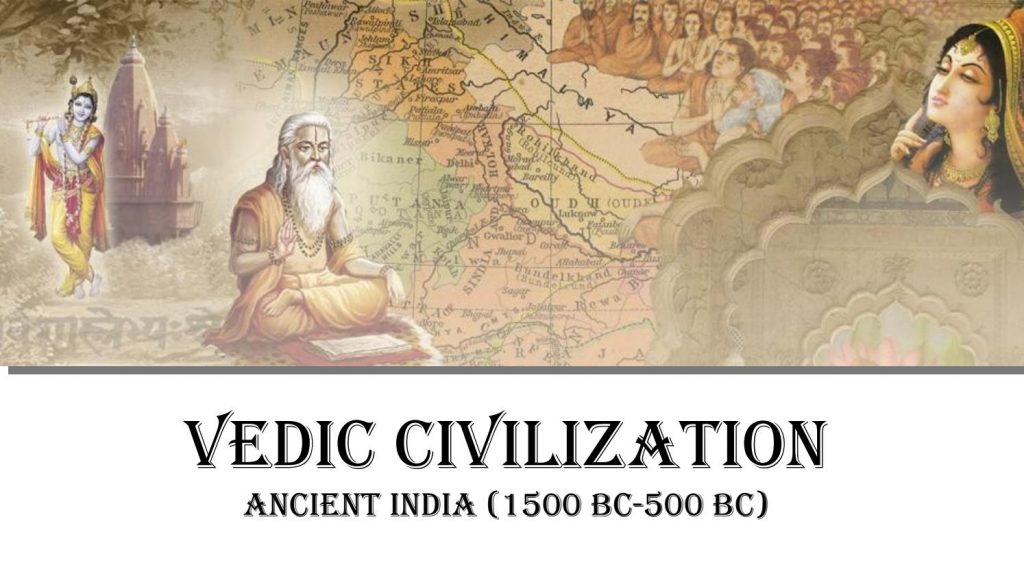The Vedic Era, an era that spans over a thousand years, holds immense significance in the ancient history of India. This period gave birth to profound philosophical insights, sacred hymns, and intricate rituals that laid the foundation for Hinduism. In this blog, we embark on a journey into the Vedic period, unraveling the ancient wisdom, rituals, and spiritual practices that shaped the spiritual landscape of ancient India
1. Understanding the Vedic Texts:
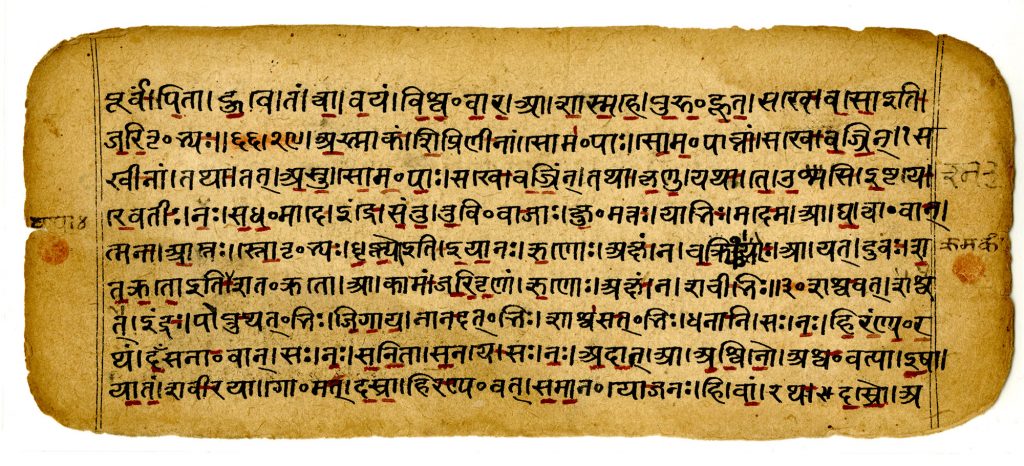
The Vedic period is known for its rich collection of texts, collectively known as the Vedas. Explore the Rigveda, the oldest and most sacred of the Vedas, containing hymns dedicated to various deities and cosmic forces. Discover the Samaveda, a collection of melodies and chants used during rituals, and the Yajurveda, which provides instructions for sacrificial ceremonies. Uncover the Atharvaveda, a compilation of hymns and spells associated with everyday life.
2. Sacred Hymns and Devotional Poetry:
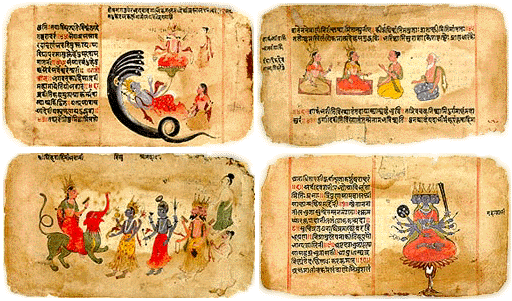
Delve into the mystical world of Vedic hymns and devotional poetry. Explore the profound insights and spiritual yearnings expressed in the hymns of the Rigveda. Uncover the intricate symbolism and poetic beauty of these verses, which contemplate the nature of existence, the cosmic order, and the relationship between humans and the divine. Discover the poetic prowess of ancient Vedic seers and their timeless expressions of devotion.
3. Rituals and Sacrificial Ceremonies:
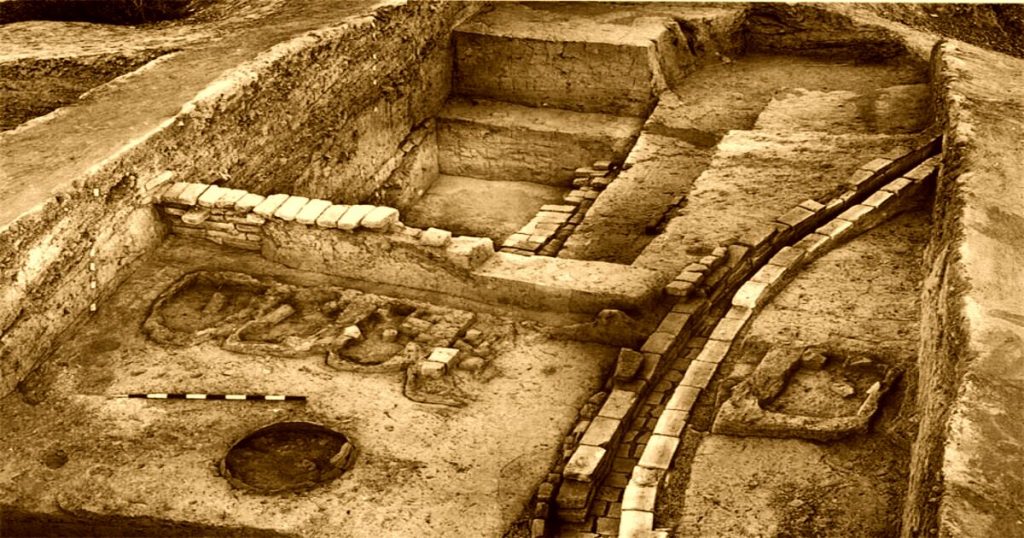
The Vedic Era was characterized by elaborate rituals and sacrificial ceremonies performed by priests known as Brahmins. Gain insights into the rituals described in the Yajurveda, which outline the procedures, chants, and offerings involved in various ceremonies. Explore the significance of fire rituals, such as Agnihotra and Yajna, which were performed to invoke divine blessings, maintain cosmic order, and seek spiritual growth.
Also Read: Mystical Importance of Number 108 in Hindu Sanatana
4. Vedic Era Deities and Cosmology:
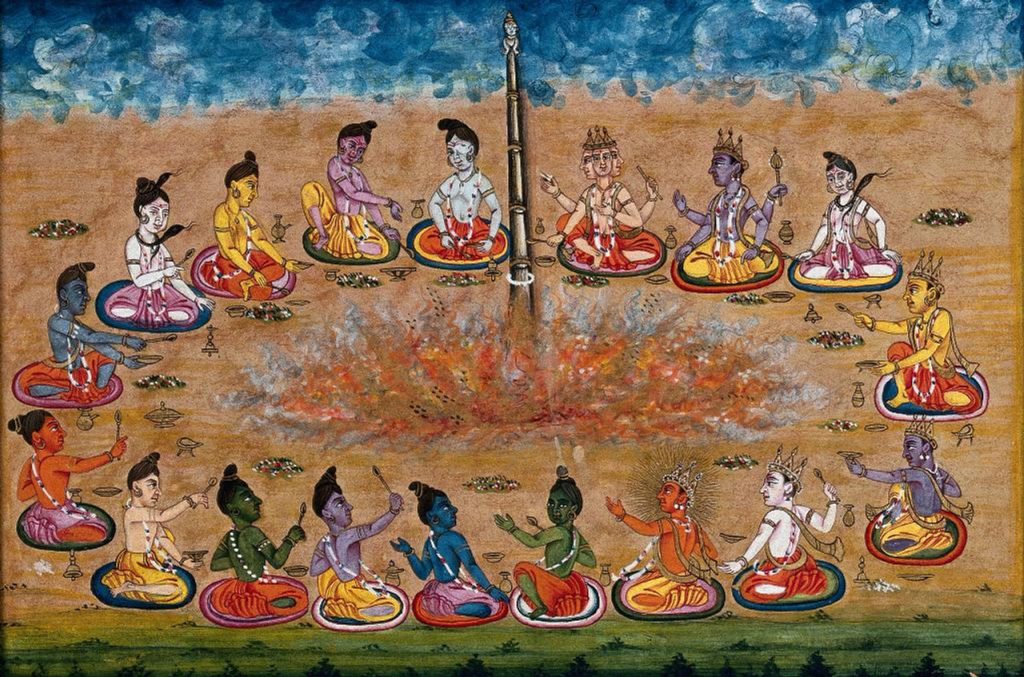
Uncover the pantheon of Vedic deities and their roles in the Vedic cosmology. Learn about gods such as Indra, Agni, Varuna, and Surya, who represented cosmic forces and natural elements. Discover the concept of “Rita,” the cosmic order that governs the universe, and the intricate interplay between gods, humans, and the natural world. Gain a deeper understanding of the symbolism and spiritual significance attributed to these deities.
5. Vedic Era Philosophical Insights and Social Structure:
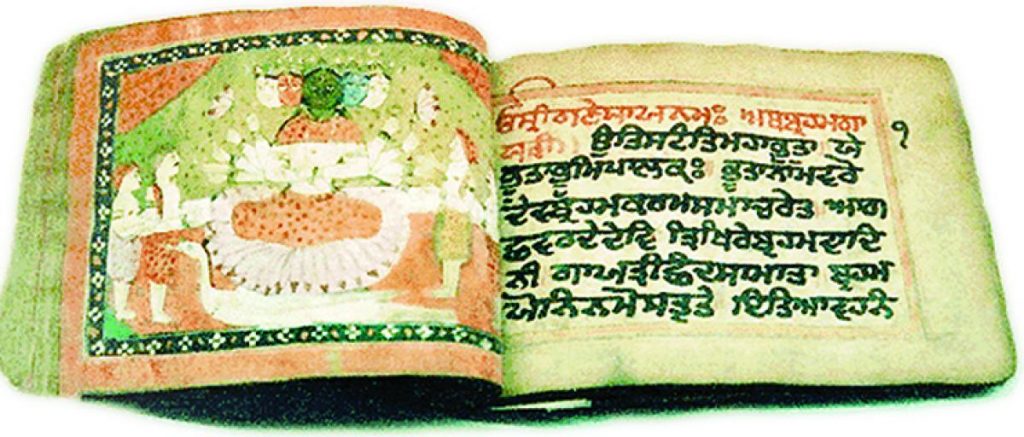
The Vedic Era also laid the foundation for philosophical inquiries and social structures. Explore the concept of “Dharma,” the moral and ethical principles that guide human conduct and social order. Discover the hierarchical social structure based on Varna (caste) system, with Brahmins, Kshatriyas, Vaishyas, and Shudras each having specific roles and responsibilities. Understand the principles of karma, rebirth, and the pursuit of Moksha (liberation) that shaped Vedic philosophy.
Conclusion:
The Vedic Era represents a pivotal phase in ancient Indian history, characterized by profound wisdom, devotional poetry, and intricate rituals. Through the Vedas, hymns, and rituals, this era offered insights into the nature of existence, the relationship between humans and the divine, and the importance of ethical conduct. Exploring the Vedic period allows us to appreciate the deep-rooted spiritual traditions and philosophical inquiries that continue to shape Hinduism and resonate with seekers of spiritual wisdom today. By understanding the ancient wisdom and rituals of the Vedic period, we gain a deeper appreciation for the rich tapestry of spiritual heritage that has been passed down through generations.

